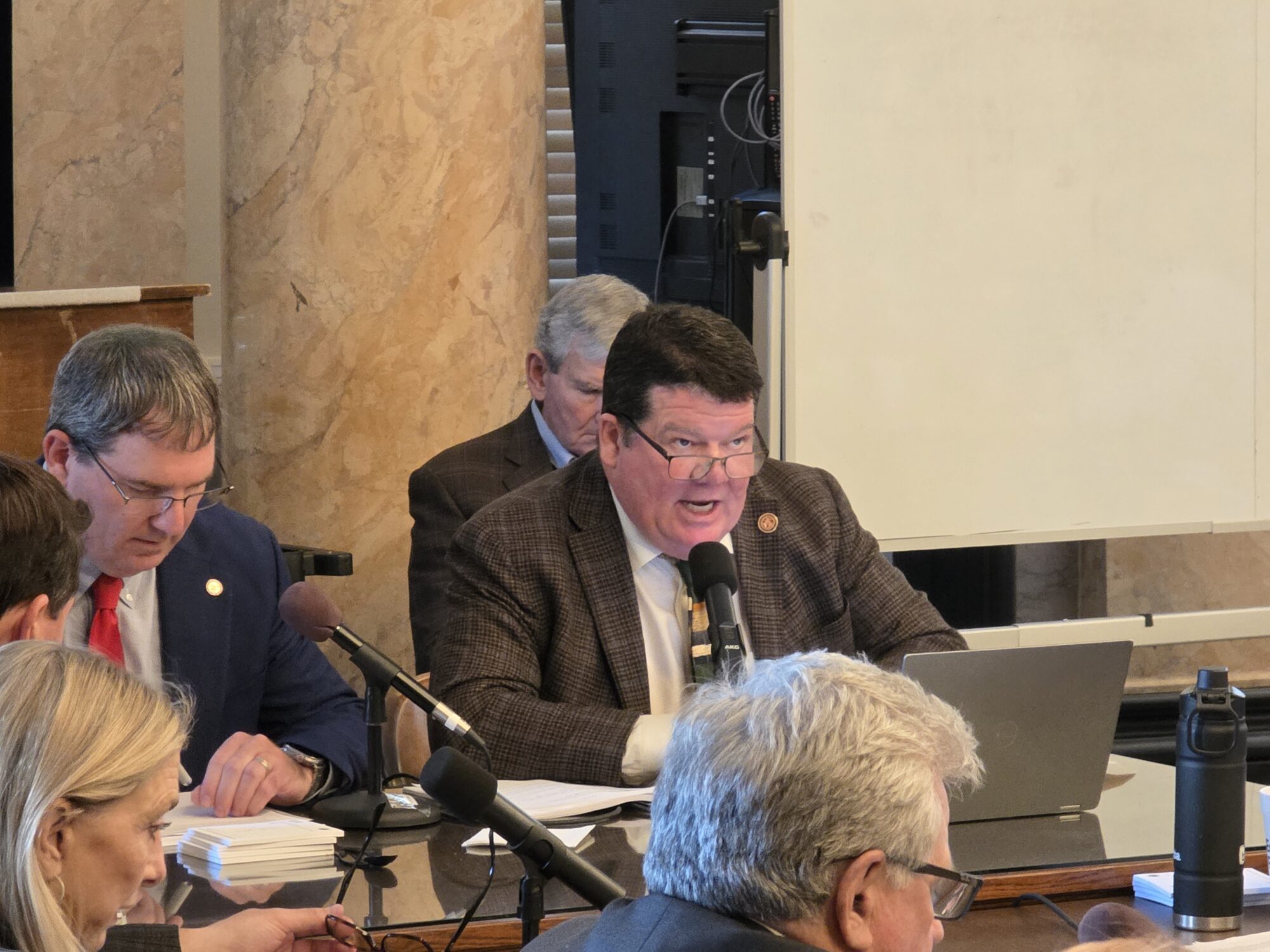
(Photo from Shutterstock)
- “Overall, the four content areas showed a slight drop in proficiency, which is unusual for Mississippi,” said Dr. Paula Vanderford.
Assessment scores demonstrating proficiency within Mississippi schools saw a slight dip for the first time in years, according to results shared during the most recent meeting of the Mississippi State Board of Education.
“Overall, the four content areas showed a slight drop in proficiency, which is unusual for Mississippi,” said Dr. Paula Vanderford, Chief Accountability Officer.
Students in public schools are annually assessed in the areas of mathematics, English Language Arts and, in later grades, U.S. history and science.
“We expect to see fluctuations from year to year, but over the last decade Mississippi has not seen fluctuations with dips,” Vanderford explained. “With the exception of COVID, we’ve seen steady increases in our overall proficiency.”
The drops seen in the 2024-2025 school year were mostly minimal, a fact that remained true when comparing the overall scores to those from the 2022-2023 school year.
Assistant State Superintendent Alan Burrow said that most of the declines were less than 3 percent overall.
In the area of mathematics, the number of students who scored proficient or advanced on their first attempt was 54.5 percent for the 2024-2025 school year, which was a 1.8 percent decline from previous year’s rate of 56.3 percent. That rate was 52.6 percent in the 2022-2023 school year.
Proficient or better scores in the area of ELA totaled 47.4 percent, a drop of 0.4 percent from the previous year’s score of 47.8 percent. In the 2022-2023 school year, the score was 46.7 percent.
Science scores that showed proficiency or better came in at 60.9 percent for the 2024-2025 school year, a drop from the previous year’s score of 63.4 percent, but still better than the 59.4 percent recorded in 2022-2023.
U.S. history scores reflect that 69.7 percent of the state’s students scored proficient or better in 2024-2025. That score reflects a two-year dip, since in the previous school year that score was 70.9 percent and in 2022-2023 it was 71.4 percent.
However, scores did rise in some subject areas within grade levels. Burrow said fourth grade math proficiency scores rose from 55 percent the year prior to 56.6. percent this year.
“We’ve got a pretty meaningful decrease in grade five (-5.4 %) and grade eight (-7.8%), and the other ones are pretty moderate,” Burrow said about the math scores across the state.
To address the deficiencies across all subject areas and grade levels, the Mississippi Department of Education plans to continue coaching teachers to increase their capacity in math and ELA. Education officials are also working to bring retired math teachers back to the classroom, Chief Academic Officer Wendy Clemons said. Additional coaches are also being added to the fold.
Another strategy being employed is the use of high-quality instructional material, putting more focus on intervention rather than remediation for students who have difficulty in a subject area. Vanderford added that two districts in the state’s Top Ten scorers did so in all four subject areas, Long Beach and Ocean Springs.
Yet, the state remains in violation of a federal law in relation to the use of the alternate assessment test.
“I know you’ve heard us say this before, we are in violation of the federal law,” Vanderford explained. “We do exceed the 1 percent assessment limit for students with cognitive disabilities.”
The law states that school districts are not to administer the alternate test to more than one percent of the total student body. However, Vanderford said that law is in conflict with another federal law that has no cap; it only requires an explanation on why the alternate version was deemed the best for that student.
Alternate assessment rates this year were 1.9 percent each for mathematics and ELA, and 2 percent for science, Vanderford described.
The cap on alternate assessment rates was put into law in 2015, and MDE has submitted waivers that have been approved each year since, except the past two years.
“So, we’ve always exceeded the one percent, but for multiple years we received a waiver,” Vanderford explained.
She went on to say that MDE is working to identify the reason so many alternate assessments were used with the aim being to correct the matter.
“For the second year we’ve been denied a waiver,” she said. “We have been implementing corrective actions and undergone technical assistance assigned to us by (the U.S. Department of Education).”
Vanderford added that State Superintendent Dr. Lance Evans commissioned a study from a third-party vendor after receiving the second waiver denial. The data, compiled from interviews with MDE staff, special education directors and years of student assessment scores, will be presented to the State Board of Education when finalized.
Evans added that Mississippi is not the only state out of compliance with the law. MDE is reviewing methods other states are using to come into compliance, including adjusting the IQ scoring used to determine whether to provide the alternate assessment.
“We’re trying to fix it in a way where it doesn’t create an undue burden on our school districts,” Evans said. “Also, my stance on this is what is the appropriate percent?”
When asked what the potential penalties could be for continued non-compliance, Vanderford said there is the potential for financial sanctions.











